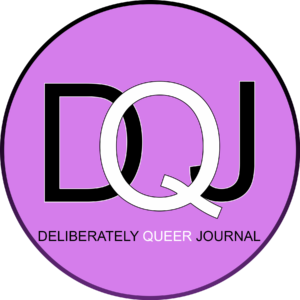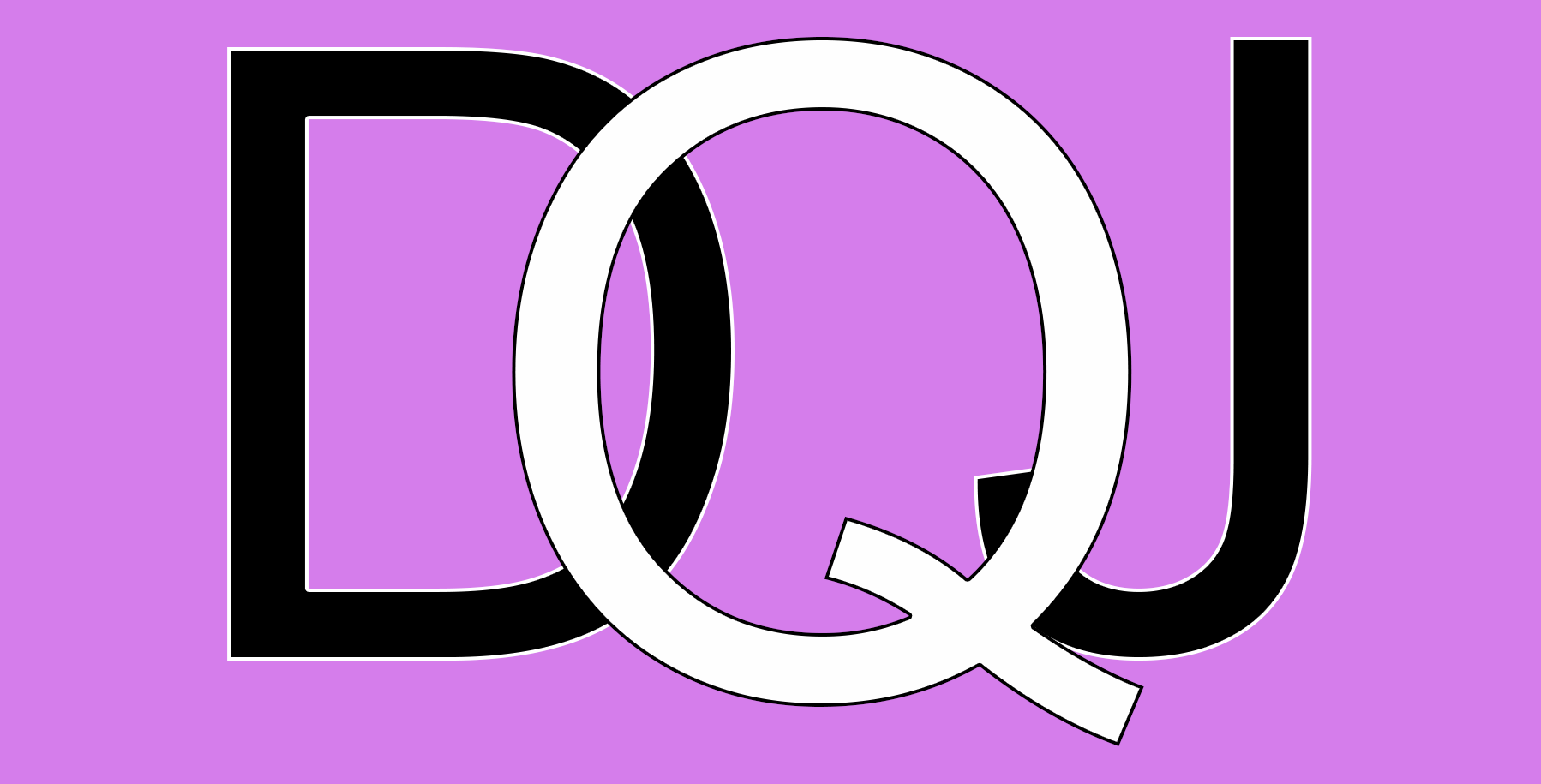The special theme for our Volume 2 is Reflections on Queer Politics, Tensions, and Pathways Forward.
Submissions of 300 word abstracts are due by December 31, 2025 at 11:59 p.m. (Your Time). Please also include a 100-word author(s) bio.
The abstracts can be submitted through our OpenSIUC system.
In Volume 1: Deliberately Queer(ing), we engaged with the notion of queering deliberately and intentionally in varying contexts. As we continue this line of scholarship, we situate this call as timely and critical given the current US sociopolitical climate that continues to erase queer and trans* communities, and diversity, equity, inclusion, and belonging (DEIB) policies and efforts through a series of fascist executive orders and bills across federal, state, and local levels. We observe these sociopolitical tensions that rhetorize queer and trans* bodies as pathological, “ungodly,” and as such undeserving of spaces within varying institutional contexts.
As we theorize these dynamics within the US context that extend into global and international implications to dictate which bodies should have access to the US Global North, we rely on Crenshaw’s (1991) intersectionality theory and Lugones’s (2007) coloniality of gender that delineate the underlying systems of power that disable and oppress queer bodies. Crenshaw’s intersectionality theory offers a method to deconstruct the structural politics of policy that hinder representations of othered bodies. Crenshaw advocates for a systemic analysis of power systems that demonize these bodies as (in)valid, exacerbated when accounting for the added layers of intersections that oppress these othered bodies. Lugones’s coloniality of gender rejects the universalist notion of gender and sexuality, elucidating the pre-colonial histories of gender and sexuality in which the third gender was a prominent societal structure within Indigenous People and others of the Global South. Lugones contends that the binary of gender and sexuality located as white patriarchy was the core ploy of colonialism to create a system of power dominated by white men.
In emphasizing the theorizations of power and control from both Crenshaw’s and Lugones’s perspectives, we are interested in scholarship that recognizes these power dynamics as represented within contemporary queer politics and contentions. We invite submissions that may expand within and across the following thematic areas, though abstracts that fall outside of these thematic areas are welcome:
Defining Queer Politics
Work capturing the nuances and evolution of defining queer politics may engage questions, such as what does queer politics mean in this current political moment? How has queer politics changed over time, space, and place? What does it mean to queer politics?
Politics and Queer Communities
Work in this thematic area may include research focusing on how the ongoing, heightened political attacks against queer communities impact the lives of queer people. Scholars may engage with questions, such as how are queer communities represented or accounted for in local, state, and federal laws? What are the lived, embodied results of anti-trans*, anti-queer legislation?
Transnational Political Queerness
Work in this thematic area of transnational political queerness may engage questions, such as what is a transnational political queerness? How are Global South-Global North queer political tensions represented in this current political moment? How may we, as queer scholars, mitigate these transnational political tensions?
The Editors welcome submissions from a variety of qualitative, quantitative, mixed, and reflexive methodological approaches, including critical and cultural analyses, web-based and new media research, autoethnography, poetic and arts-based inquiry, performance scripts, as well as other methods. We are also especially interested in work that employs theoretically and methodologically dynamic and innovative applications to centralize queer discourse.
Key Dates and Deadlines
Abstract Submission: December 31, 2025
Submission of 300-word abstract (not including references), and 100-word author bio
Submit abstracts to https://opensiuc.lib.siu.edu/dqj/
Invitations for Full Manuscripts: January 31, 2026
Invitations sent to authors to submit full manuscripts
Full Manuscripts: May 1, 2026
All manuscripts will undergo double-blind peer review by two peer reviewers
Revised Manuscripts Based on Peer Reviews: October 31, 2026
Authors submit revised manuscripts for final publication decision
Final Publication of Volume 2: December 2026
Publication of Volume 2: Reflections on Queer Politics, Tensions, and Pathways Forward
References
Crenshaw, K. (1991). Mapping the margins: Intersectionality, identity politics, and violence against women of color. Stanford Law Review, 43(6), 1241–1299. https://doi.org/10.2307/1229039
Lugones, M. (2007). Heterosexualism and the colonial/modern gender system. Hypatia, 22(1), 186–219. https://doi.org/10.1111/j.1527-2001.2007.tb01156.x
Thank you, again, for your interest in publishing with us.
Queer Graduate Interdisciplinary

![]()
